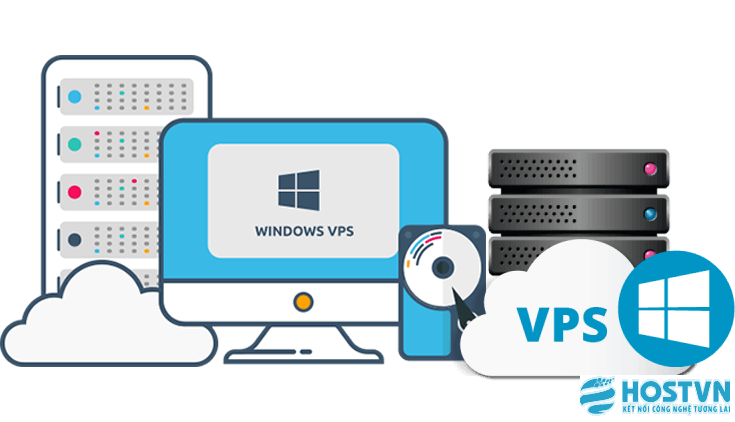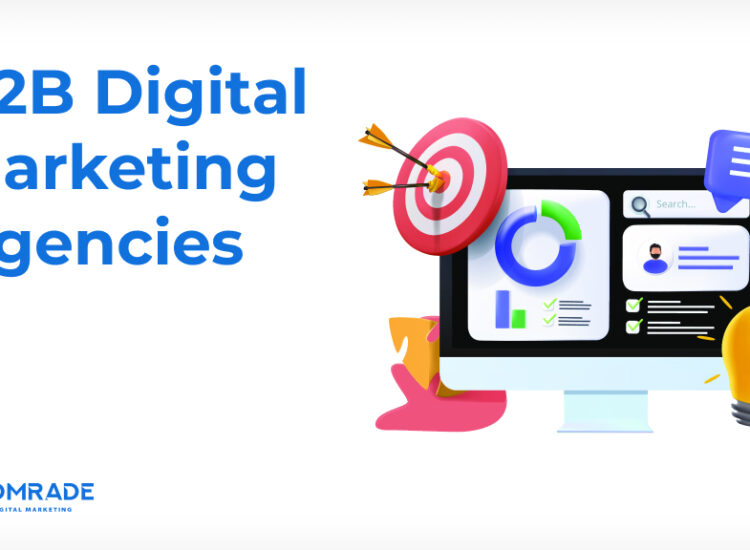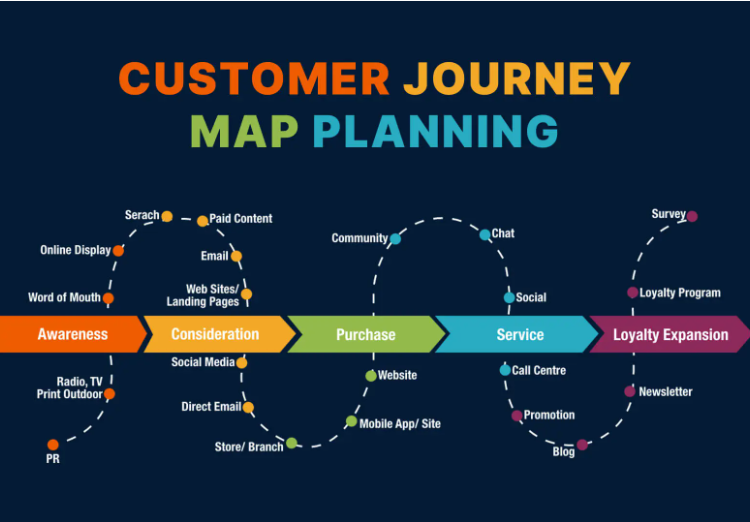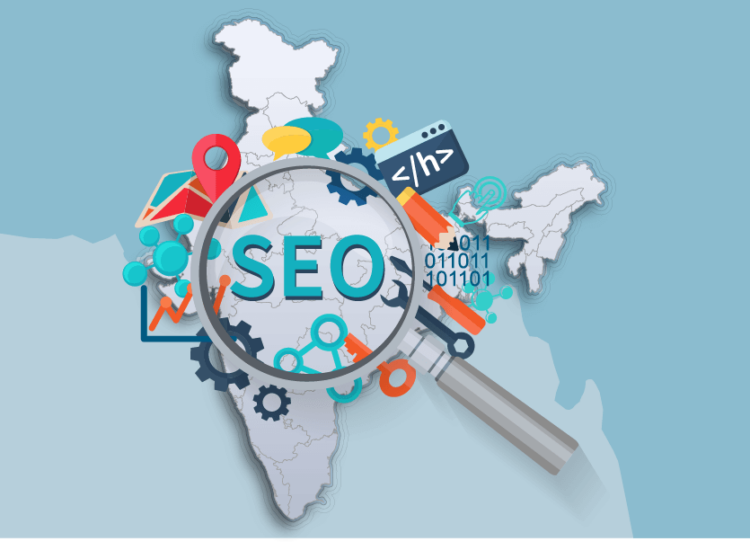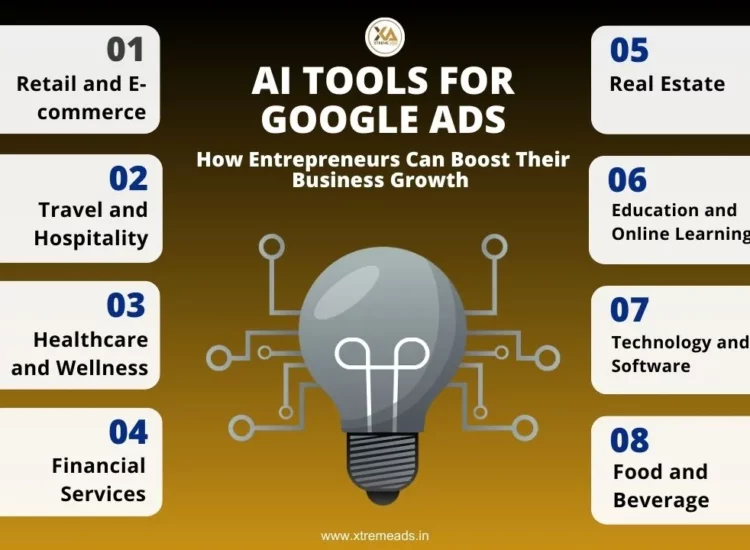Artificial Intelligence (AI) is rapidly transcending its theoretical origins to become a fundamental pillar of innovation across numerous sectors. In healthcare, its impact is particularly profound, promising to revolutionize every facet of how diseases are diagnosed, treatments are administered, and healthcare systems are managed. From the intricate analysis of medical images, capable of detecting subtle anomalies invisible to the human eye, to the development of highly personalized therapies tailored to an individual’s unique genetic makeup and physiological profile, and the optimization of complex clinical workflows to enhance efficiency and reduce human error, Artificial Intelligence in Healthcare is not just an incremental improvement; it represents a paradigm shift towards a more efficient, accurate, and patient-centric future.
Toc
- 1. Expanding the Horizons: Deeper Exploration of AI Applications in Healthcare
- 2. Related articles 01:
- 3. Navigating the Thorny Path: Addressing Challenges and Ethical Imperatives
- 4. Related articles 02:
- 5. Looking Ahead: The Future Landscape of AI in Healthcare
- 6. Embracing the Intelligent Revolution for a Healthier Tomorrow
This expanded guide delves even deeper into the diverse applications of AI across the healthcare spectrum. Imagine algorithms that can predict the onset of diseases years before symptoms manifest, allowing for proactive interventions and preventative care strategies. Consider AI-powered robotic surgery systems that enhance precision and minimize invasiveness, leading to faster recovery times and improved surgical outcomes. Envision virtual assistants that provide patients with personalized support, medication reminders, and answers to their health-related queries around the clock, fostering greater engagement and adherence to treatment plans.
Expanding the Horizons: Deeper Exploration of AI Applications in Healthcare

The integration of AI into healthcare is a multifaceted endeavor, with applications continually evolving and expanding. Let’s delve further into some key areas:
Advanced Diagnostics and the Evolution of Medical Imaging
AI’s prowess in analyzing medical images is not merely about speed; it’s about uncovering patterns and insights invisible to the human eye.
-
Beyond Basic Detection: AI algorithms are being developed to not only detect abnormalities but also to characterize them with greater precision, differentiating between benign and malignant tumors with higher confidence, and even predicting the aggressiveness of certain conditions.
-
Quantitative Imaging: AI enables the extraction of quantitative data from medical images, such as precise tumor volume measurements or subtle changes in tissue density over time, providing objective metrics for monitoring disease progression and treatment response.
-
Integration with Other Data Sources: Advanced AI systems can integrate image analysis with other patient data, such as genomics and clinical history, to provide a more holistic and accurate diagnostic picture.
-
AI in Pathology: The field of digital pathology is being transformed by AI, which can automate the analysis of tissue slides, identify rare cell types, and even assist pathologists in making more consistent and accurate diagnoses.
The Dawn of Truly Personalized Treatment and Predictive Medicine
Precision medicine, powered by AI, is moving beyond tailoring treatments based on broad patient categories to creating highly individualized care plans.
-
Genomic and Proteomic Analysis: AI algorithms can analyze vast amounts of genomic and proteomic data to identify specific genetic mutations or protein signatures that influence disease susceptibility, progression, and drug response.
-
Behavioral Health Insights: AI can analyze data from wearables, social media, and electronic health records to identify patterns indicative of mental health conditions, enabling early intervention and personalized support.
-
Predicting Hospital Readmissions: AI models can identify patients at high risk of readmission after discharge by analyzing their medical history, demographics, and social determinants of health, allowing for targeted interventions to prevent readmissions and reduce costs.
-
Personalized Drug Dosing: AI can analyze pharmacokinetic and pharmacodynamic data to optimize drug dosages for individual patients, maximizing therapeutic efficacy while minimizing side effects.
Revolutionizing Drug Discovery and Accelerating the Path to Therapeutics

AI’s impact on pharmaceutical research extends beyond identifying drug candidates to optimizing the entire drug development lifecycle.
-
Target Identification and Validation: AI can analyze complex biological pathways to identify novel drug targets and validate their therapeutic potential, significantly speeding up the initial stages of drug discovery.
-
De Novo Drug Design: AI algorithms are being used to design novel molecules with specific properties, potentially leading to the discovery of drugs that would be difficult or impossible to find through traditional methods.
-
Repurposing Existing Drugs: AI can analyze vast databases of drug information and medical literature to identify existing drugs that might be effective for treating other conditions, offering a faster route to new therapies.
-
Optimizing Clinical Trial Design and Execution: AI can help design more efficient clinical trials by selecting optimal patient populations, predicting trial outcomes, and even automating some aspects of data collection and analysis.
Intelligent Automation and Optimization of Healthcare Operations:
AI’s ability to automate tasks and analyze complex operational data is driving significant improvements in healthcare efficiency.
-
Natural Language Processing (NLP) for Documentation: AI-powered NLP tools can automatically extract information from medical records, generate summaries, and even assist with clinical documentation, reducing administrative burden on clinicians.
-
Predictive Maintenance of Medical Equipment: AI algorithms can analyze sensor data from medical devices to predict potential failures, allowing for proactive maintenance and minimizing downtime.
-
Optimizing Supply Chain Management: AI can forecast demand for medical supplies and pharmaceuticals, optimizing inventory levels and reducing waste.
-
AI-Powered Chatbots and Virtual Assistants: AI chatbots can handle routine patient inquiries, schedule appointments, and provide basic health information, freeing up human staff for more complex tasks.
Empowering Patients Through AI-Driven Remote Monitoring and Digital Health
AI is facilitating a shift towards more proactive and patient-centered healthcare through remote monitoring and digital health platforms.
-
Integration of Wearable Data with EHRs: AI can analyze data streams from wearable devices and integrate them with electronic health records, providing clinicians with a continuous and comprehensive view of a patient’s health status.
-
AI-Powered Health and Wellness Coaching: Virtual AI coaches can provide personalized guidance on diet, exercise, and medication adherence, promoting healthier behaviors.
-
Early Warning Systems for Chronic Conditions: AI algorithms can analyze data from remote monitoring devices to detect early signs of exacerbation in chronic conditions like heart failure or COPD, enabling timely interventions and preventing hospitalizations.
-
AI-Driven Diagnostic Tools for Home Use: In the future, we may see more sophisticated AI-powered diagnostic tools available for home use, empowering individuals to monitor their health proactively.

The widespread adoption of AI in healthcare is not without its hurdles. Addressing these challenges and adhering to ethical principles is crucial for realizing the full potential of this transformative technology.
-
The Critical Need for Robust and Diverse Data: AI algorithms are only as good as the data they are trained on. Ensuring access to large, high-quality, and diverse datasets that accurately represent the patient population is essential to avoid bias and ensure generalizability.
-
Ensuring Data Security and Patient Privacy in an AI-Driven World: The vast amounts of sensitive patient data used by AI systems necessitate robust security measures and strict adherence to privacy regulations like HIPAA and GDPR. Anonymization and secure data sharing protocols are paramount.
-
Demystifying the “Black Box”: The Importance of Explainability and Interpretability: For clinicians to trust and effectively utilize AI-powered insights, they need to understand how these insights are derived. Research into Explainable AI (XAI) is crucial for making AI decision-making processes more transparent.
-
Addressing Algorithmic Bias and Promoting Health Equity: Proactive measures must be taken to identify and mitigate biases in AI algorithms that could lead to disparities in care for different demographic groups. Fairness and equity must be central to AI development and deployment.
-
Seamless Integration and Interoperability with Existing Healthcare Infrastructure: Integrating new AI solutions with legacy EHR systems and other healthcare IT infrastructure can be complex and costly. Standardized data formats and interoperability solutions are needed.
-
The Evolving Regulatory Landscape for AI in Healthcare: Regulatory bodies like the FDA are grappling with how to effectively evaluate and approve AI-powered medical devices and software. Clear and adaptive regulatory frameworks are essential to ensure patient safety and foster innovation.
-
Preparing the Healthcare Workforce for the Age of AI: Healthcare professionals need to be trained on how to effectively use and collaborate with AI tools. Educational initiatives and new training curricula will be necessary.
-
Building Patient Trust and Ensuring Ethical AI Governance: Open communication, patient education, and the establishment of ethical guidelines and governance frameworks are crucial for building trust in AI-powered healthcare technologies and ensuring their responsible use.
-
The Potential for Job Displacement and the Need for Workforce Adaptation: While AI can automate many tasks, it’s also likely to create new roles within healthcare. Planning for workforce adaptation and retraining programs will be important.
Looking Ahead: The Future Landscape of AI in Healthcare

The trajectory of AI in healthcare points towards an increasingly integrated and transformative future.
-
Hybrid Intelligence: The Synergy of Human Expertise and AI Capabilities: The future is likely to see a greater emphasis on human-AI collaboration, where AI tools augment the skills and expertise of healthcare professionals, rather than replacing them entirely.
-
The Proliferation of AI-Powered Digital Therapeutics: We can expect to see a rise in AI-powered digital therapeutics that deliver personalized interventions for a wide range of conditions through software and mobile apps.
-
AI Driving Precision Public Health: AI can be used to analyze population-level data to identify health trends, predict outbreaks, and inform public health interventions.
-
The Development of More Autonomous AI Systems: As AI algorithms become more sophisticated and trustworthy, we may see the development of more autonomous AI systems capable of performing certain tasks with minimal human oversight.
-
Greater Emphasis on Preventative and Wellness-Focused AI: AI will play an increasingly important role in promoting preventative care and personalized wellness strategies.
-
The Metaverse and AI-Enhanced Healthcare Experiences: The emergence of the metaverse could create new opportunities for AI-powered virtual consultations, remote rehabilitation, and immersive patient education.
-
Continued Advancements in AI Hardware and Infrastructure: Progress in AI-specific hardware and cloud computing infrastructure will further accelerate the development and deployment of AI in healthcare.
Embracing the Intelligent Revolution for a Healthier Tomorrow

Artificial Intelligence stands poised at the precipice of a profound and irreversible transformation within the intricate and vital domain of healthcare. Its remarkable capacity to meticulously analyze the burgeoning volumes of complex datasets, discern subtle yet significant patterns often invisible to the human eye, and automate intricate and time-consuming tasks presents an unparalleled opportunity. This technological prowess holds immense promise for revolutionizing patient outcomes, dramatically enhancing operational efficiency across the healthcare spectrum, and ultimately achieving a more sustainable and cost-effective system for all.
However, this transformative journey is not without its complexities. Navigating the intricate web of ethical considerations surrounding AI implementation in such a sensitive field is paramount. Diligently addressing the multifaceted challenges of safeguarding patient data privacy and mitigating the inherent risks of algorithmic bias are not mere afterthoughts, but rather fundamental prerequisites for responsible innovation. Furthermore, ensuring the seamless and intuitive integration of AI-powered tools into existing healthcare workflows and fostering collaboration between human professionals and intelligent systems will be crucial for realizing the full potential of this revolution.
Despite these challenges, the potential benefits that AI offers to the future of healthcare are simply too significant to ignore. The prospect of a healthcare system that is increasingly personalized, tailoring treatments and interventions to the unique biological and lifestyle profiles of each individual, is within our grasp. AI can empower proactive healthcare strategies, identifying risks and enabling early interventions before conditions escalate. Moreover, it holds the key to making healthcare more accessible to underserved populations, breaking down geographical barriers and optimizing resource allocation.
Ultimately, the intelligent revolution in healthcare, driven by the power of AI, has the potential to make the system not less, but fundamentally more human. By freeing up healthcare professionals from routine tasks and providing them with powerful analytical tools, AI can empower them to focus on the crucial aspects of patient care: empathy, communication, and the nuanced understanding of individual needs. The journey into this AI-powered future has only just begun, and the trajectory it promises – a future where healthcare is more precise, preventative, equitable, and ultimately, more attuned to the well-being of humanity – holds extraordinary and inspiring possibilities for generations to come. Embracing this intelligent revolution responsibly and thoughtfully is not just an option; it is an imperative for a healthier tomorrow.



